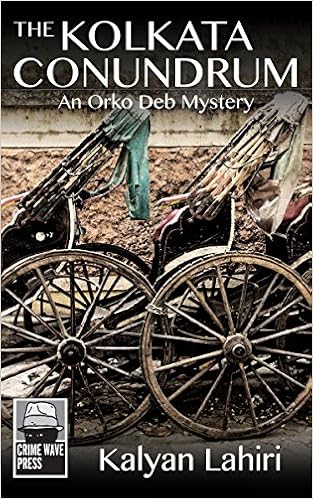UK-based Marc Joan spent the early part of his life in India, and the early part of his career in biomedical research. He draws on this and other experience for his fiction, which has been widely published. His novelette, The Speckled God, was published by Unsung Stories in Feb 2017; he is a contributor to three forthcoming anthologies: Comma Press’s Mirror in the Mirror; Ceci n’est pas une histoire d’horreur, from Night Terror Novels; Ghost Stories for Starless Nights from DBND publishing. His first novel, Hangdog Souls, was published last year.
Kingdom of Mysore, 1799. A guilt-racked British Army deserter tries to win safety for those he loves — but his reckless bargaining only leaves him trapped between destinies, condemned to facilitate centuries of suicide and murder. Death after death, each death diminishes him, until — a quarter of a millennium later — a Keralan astrophysicist has the chance to annul the soldier’s Faustian bargain. But Chandy John is weakened by his own burden of grief. Will this twenty-first century scientist become just another helpless nexus between undeserved death and undeserved life?
Hangdog Souls is set in the Dravidian heartlands of South India — and in a blurred edgeland where alternative realities elide. Through linked narratives of guilt, shame and the search for absolution, this book takes readers from the arid Tamil plains to the highest peaks of the Nilgiris, and from occult horrors in Tipu Sultan’s kingdom to creeping madness in the world of particle physics.
Spanning three hundred years, the stories in Hangdog Souls weave together the fates and fortunes of multiple characters — individuals that echo through the generations, asking always the same question: What weight can balance the death of an innocent?
Here Marc talks to Asian Books Blog…













 Backlist books is a column by
Backlist books is a column by 




